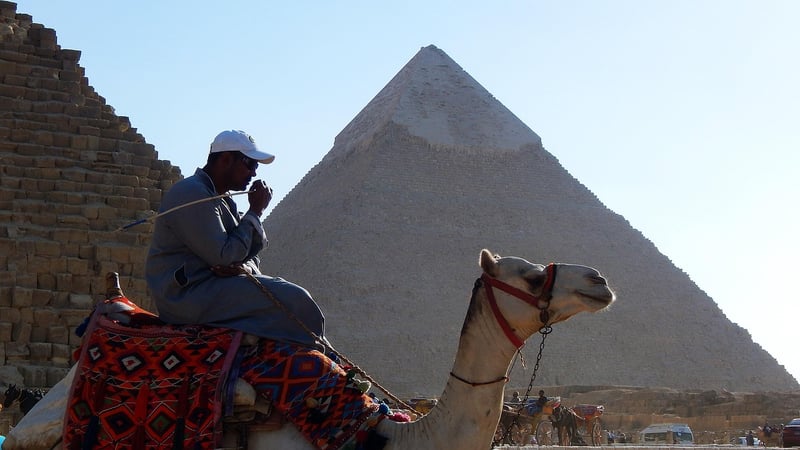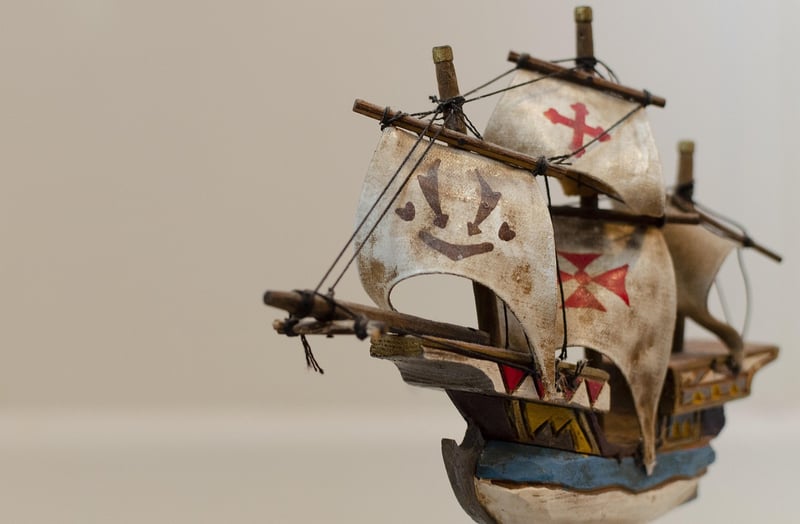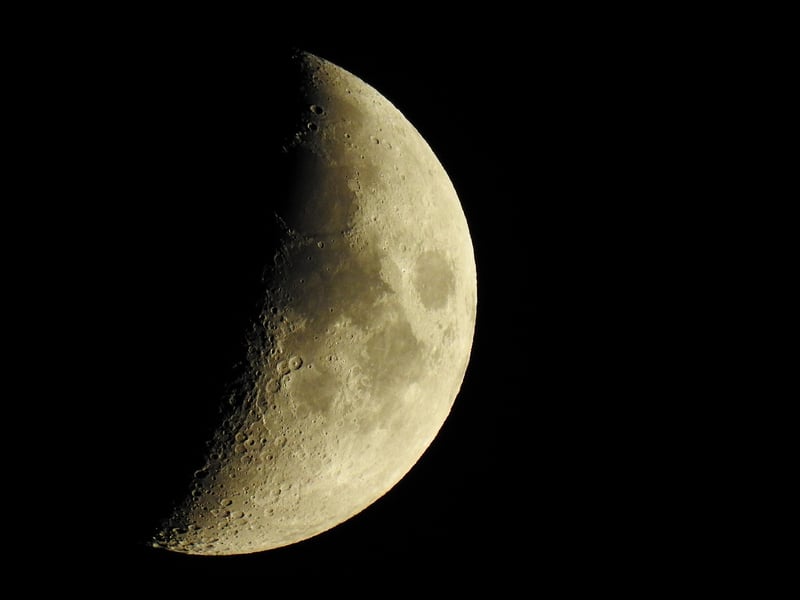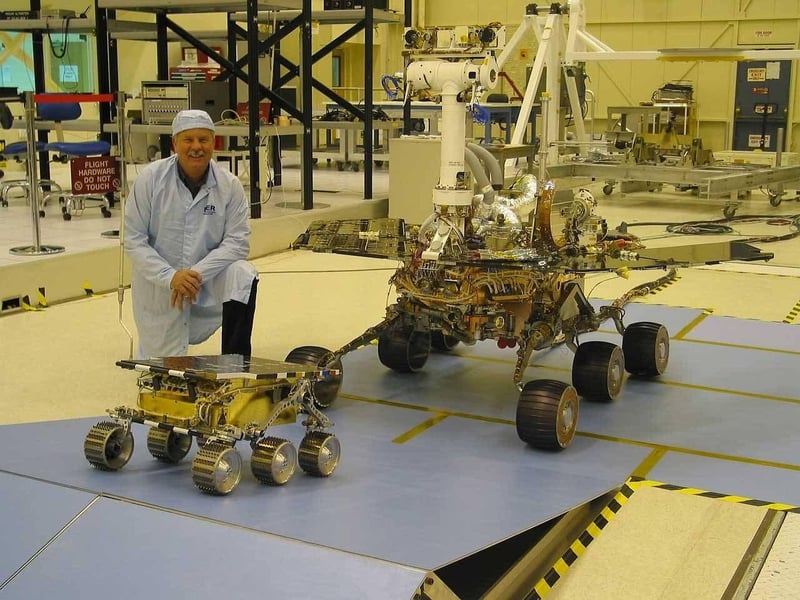Future Exploration
The Evolution of Exploration Through Different Eras and Future Prospects
Ancient Exploration
Ancient civilizations like the Egyptians, Phoenicians, and Greeks were pioneers of exploration. They ventured into the unknown to expand trade routes, seek new resources, and discover uncharted territories.

Age of Discovery
The Age of Discovery in the 15th to 17th centuries saw European explorers like Christopher Columbus, Vasco da Gama, and Ferdinand Magellan sailing across the seas to find new lands, leading to the globalization of trade and cultural exchange.

Space Exploration
In the 20th century, humanity set foot on the moon with the Apollo missions, marking a significant milestone in space exploration. Today, organizations like NASA, SpaceX, and ESA continue to push boundaries in space exploration.

Future Exploration
The future of exploration holds exciting prospects with plans for manned missions to Mars, asteroid mining, and the possibility of interstellar travel. Advancements in technology, such as AI, robotics, and propulsion systems, are shaping the future of exploration.

Key Points:
- Ancient civilizations pioneered exploration for trade and new territories.
- The Age of Discovery led to globalization through sea exploration.
- Space exploration has advanced with missions to the moon and beyond.
- The future of exploration includes Mars missions, asteroid mining, and interstellar travel.
Exploration has always been a driving force for human progress, from ancient seafarers to modern-day astronauts. As we look towards the future, the spirit of exploration continues to inspire us to reach beyond our limits and discover the unknown.
